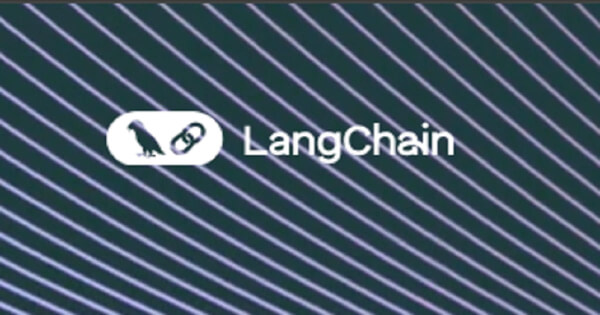james ding
January 22, 2025 08:44
Minimal transformed e-commerce customer support through the LangChain ecosystem, achieving efficiency gains of over 80%. Learn how multi-agent systems integrate with leading platforms like Zendesk and Shopify.
In the highly competitive realm of e-commerce, customer satisfaction is critical to brand success. As reported by LangChain, innovative company Minimal is leveraging the LangChain ecosystem to overhaul its customer support processes, achieving efficiency gains of over 80% across its various e-commerce platforms. This year, Minimal predicts that 90% of customer support tickets will be managed autonomously by AI, with only 10% requiring human intervention.
Overview: Automation for Ecommerce Customer Support
Minimal specializes in automating routine and complex customer service tasks for ecommerce businesses. Founded by Titus Ex and Niek Hogenboom, the company quickly gained traction in the Dutch market. AI agents can handle complex issues by leveraging popular support platforms like Zendesk, Front, and Gorgias to integrate tightly with customer systems.
Minimal’s AI system operates in two modes: draft (co-pilot) mode and fully automated mode. You can save time and ensure consistent customer interactions by creating accurate responses to tickets and performing actions like canceling orders or updating addresses through direct integration with ecommerce services.
Embrace multi-agent architecture for scalability
The main feature of the Minimal solution is its multi-agent architecture consisting of three main agents:
- Planner Agent: We decompose the query into subproblems and work with a research agent to retrieve relevant documents.
- Research Agent: Supports the Planner Agent by searching the knowledge base for information related to subproblems.
- Tool call agent: Execute tasks such as refunding orders and consolidate logs for verification.
This architecture reduces errors and costs associated with complex prompts and allows you to add expert agents without disrupting existing workflows.
Testing and Benchmarking with LangSmith
During development, the Minimal team used LangSmith for extensive testing, including tracking model performance and comparing different prompting strategies. This iterative testing process helped us identify and correct errors, improve prompts, and maintain development speed.
Why they chose LangChain and LangGraph
The Minimal team appreciates LangGraph’s modularity, which enables flexible subagent management. Integration hooks make it easy to add proprietary connectors for platforms like Shopify. Additionally, the system design supports easy expansion and future-proofing by adding new agents or switching to next-generation language models.
Results and future plans
Minimal has already captured revenue from Dutch e-commerce customers who benefit from automated features such as faster ticket resolution and refunds. With a small but expanding team, they plan to grow across Europe. Minimal aims to leverage multi-agent workflows and the LangChain ecosystem to help businesses scale efficiently without increasing support staff, allowing AI to handle routine tasks while maintaining control for complex scenarios. .
Image source: Shutterstock

